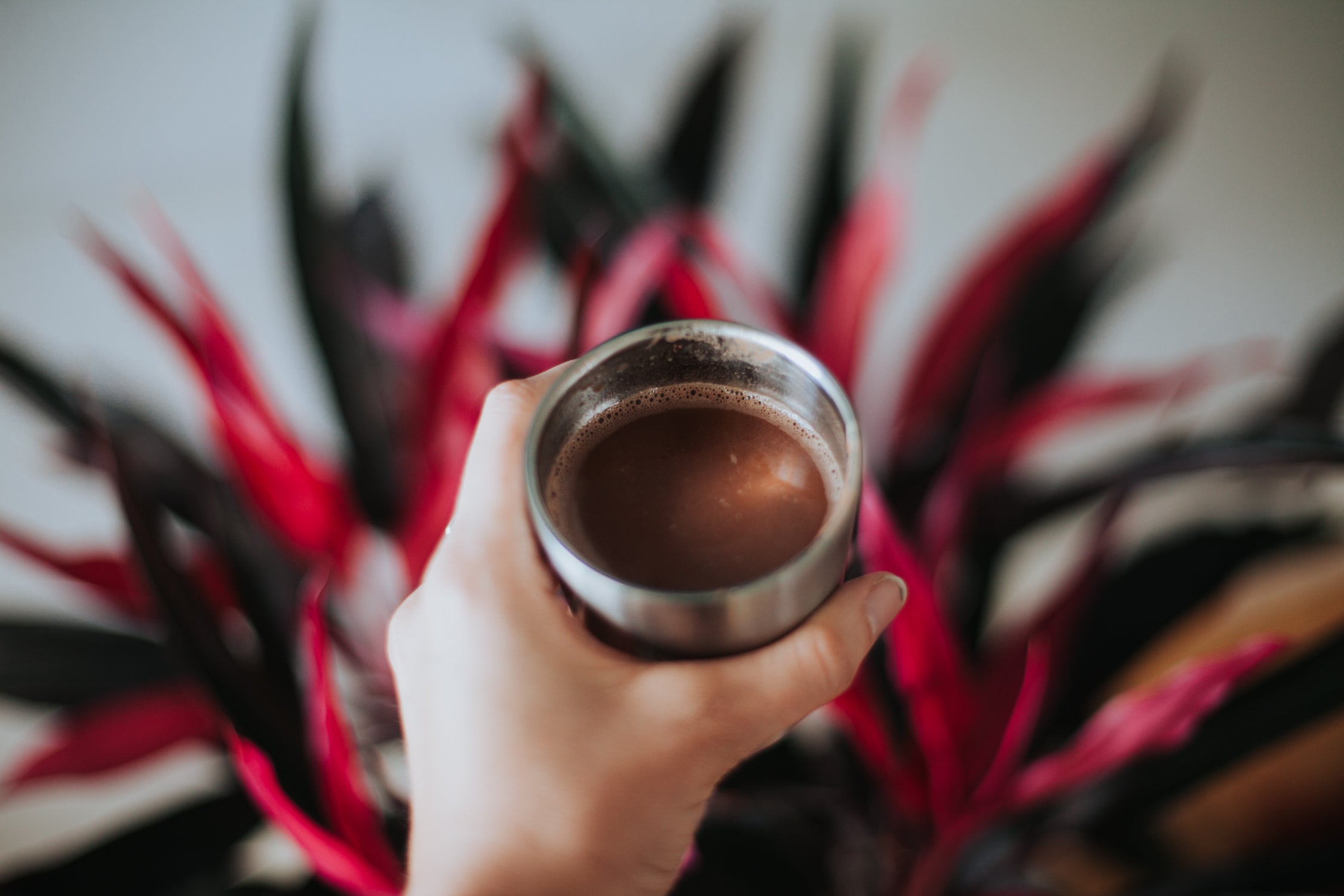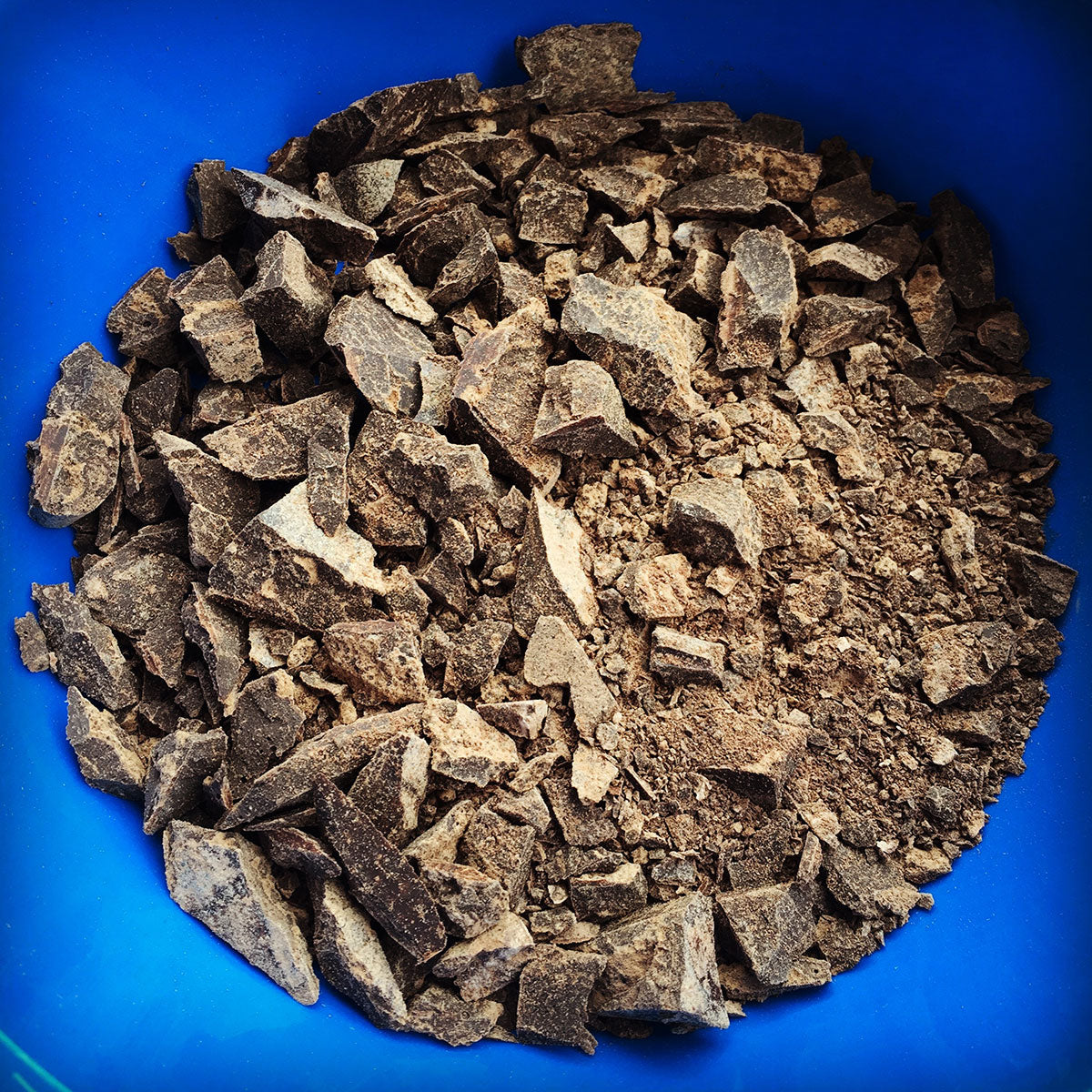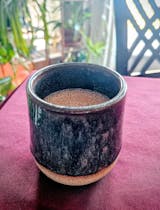The Ruk'u'x Ulew (pronounced Roo-koosh Oo-lay-oo) women's cacao collective in San Marcos la Laguna at Lake Atitlán, Guatemala. The business is owned by a Mayan woman, and much care is put into the well-being of the workers.
(NOTE: Originally published on 7/16/2018. Last updated on 12/17/2023.)
Soul Lift Cacao acknowledges the ongoing collective conversation around claims of cultural appropriation of cacao and ceremonial practices connected to it. This excerpt from the Soul Lift Cacao Guidebook is an overview to the very complex conversation, to assist in your heartfelt efforts to share cacao with the world.
Over the years we have actively worked in this area to establish best practices for working with cacao in places where cacao doesn't grow. The term “cacao ceremony” used in countries where cacao doesn’t grow (and even in places like Guatemala and Peru) can be a very general concept that might include any sort of healing or self-development activities combined with cacao.
Some believe it’s unethical for non-native people to serve cacao in a spiritual context. This is what’s meant when people who don't have – or who appear not to have – cacao in their cultural heritage get “called out” for cultural appropriation for hosting cacao ceremonies. But there's a range of opinions about what counts as unethical or disrespectful.
Cacao has been a sacred part of many cultures in what we now call Central America, South America, and Mexico for at least 3,000 years. There are hard records of it being consumed in a ritualistic manner and even treated as a monetary currency. Another fact is that those parts of the world have suffered various kinds of pillaging and oppression for the last 500 years, first at the hands of Spanish conquistadors, and now by developed nations and their corporate influences.
Cacao is still present in many Mayan ceremonies, but our sources in Guatemala (cacao farmers, experts, and Mayan guides) tell us it's not the central focus in the way that plants like ayahuasca or peyote are the specific focus of a ceremony. This has also been our experience having now participated in many ceremonies with different Mayan families.
Cacao is sometimes part of fire ceremonies and water ceremonies, for example. And cacao has traditionally been a part of all kinds of celebrations, from weddings to harvest gatherings. We've also heard stories of families simply having some cacao trees on their "parcela" of land and maintaining their own unique connection with cacao that way.
In other words, it’s unclear if a facilitated spiritual journey specifically centered around cacao, or if the term "cacao ceremony" existed historically in indigenous cultures of what are now the Americas.
We haven't found evidence of the original stewards of cacao using the term "cacao ceremony" in historical settings. If they do it today, it seems to be as a convenience because the term has captured the imagination of people worldwide.
If that's true, it doesn't negate the native stewardship of cacao throughout history, which is undoubtedly important and still needs more attention. But all our Mayan cacao sources have continually expressed support for people of different nationalities working with and sharing cacao. So what's most important in working with cacao outside of its historical context is to be ethical and responsible in our sourcing.
One small but valuable step is to distinguish this type of event as a "modern cacao ceremony" or "cacao circle," or "cacao journey." Anytime you serve cacao in a workshop or ceremony, we recommend verbally honoring the native people who have kept cacao traditions alive for millennia. Acknowledgment helps – as in, being clear if that's not your own heritage.
It’s also important to seek training and experience in common methods of holding “sacred space,” ritual, and ceremony (which could potentially include yoga teacher training, energy work, bioenergetics, Earth-based spirituality, etc.). And again, acknowledge to the group what your own training is and that you're not a lineage holder of an indigenous tradition.
There is no globally accepted certification for cacao like there is for yoga or other modalities, but we believe these steps allow anyone take on this work in a truly professional way. Basically, if you're going to take on the role of sharing cacao with the world (or if cacao "chooses you"), then embody the ethics and impeccability that it demands.
Also be mindful that the idea of combining or mixing practices is itself controversial. We believe it's important to consider wisdom and practices from different traditions or schools and to serve in a way that maximizes our gifts and skills. Yet it's also important to give credit to those who came before us. Ceremonial cacao presents a greater opportunity for that through fair payment and clearer sourcing information about where the cacao is grown and prepared.
Even a native person sharing a lineage-based practice (i.e., a “shaman”) can still cause harm, as many travelers to the Amazon have unfortunately discovered. On the flip side, someone can be a legitimate spiritual guide, generally safe facilitator, and ethical practitioner regardless of where in the world they were born. It’s important to consider all the factors and see each situation as unique.
If you get called out for working with cacao, try to slow down and do some real soul searching. Don't react out of fear or anger, or issue counter-judgments (such as calling someone "close-minded"). First pause and take deep breaths. Do what you need to do to get centered and grounded.
So many healing arts facilitators arrive at this work out of a sense of service and mission, inspired by their own painful past experiences. If that's the case for you, honor it deeply and make sure to take care of yourself to avoid burn out or re-traumatization. Remember that underneath any argument about this, all people involved probably have a deep desire to make the world a better place.
Consider that you could cause harm by responding without tact, even if simply not acknowledging that systemic oppression and cultural stealing have and still do occur in the world. In this context that would be if a non-Mayan person led a Mayan fire ceremony (some would say, even if the non-Mayan person has training and permission from Mayan guides); or if people from a modern culture claimed to be the first ones to discover the spiritual use of ceremonial cacao.
Yet there are more nuanced things to consider. For example, many products are labeled "ceremonial cacao" without any indigenous artisanship, just imported seeds (aka "beans") that are processed in a factory. We believe that is a kind of cultural stealing.
And when foreigners lead "cacao ceremonies" in places that do have an indigenous history of cacao, or when Westerners serve cacao at a party without a strong container that promotes safety, it shows the facilitators aren't taking all the important factors into account in order to be responsible and ethical. In other words, there's a lack of cultural sensitivity.
Not acknowledging the real systemic problems at all can be a type of spiritual bypassing, so we want to avoid that as well. While on the one hand no one owns a plant and a plant medicine does seem to have a mind of its own, it's important to acknowledge that sacred cultural practices do become tied with plants and artifacts.
Soul Lift Cacao’s business model is based on developing direct trade relationships with family farms and Mayan collectives who grow and prepare cacao using traditional methods. That means growing non-GMO cacao on family farms, using sustainable/regenerative agroforestry practices, providing safe work conditions, and roasting cacao beans over an actual wood fire.
The ceremonial cacao movement is an undeniable force of good in the world, especially when contrasted with the “Big Chocolate” industry that uses unsustainable farming practices, creates excess pollution, doesn’t pay fair trade prices, and even relies on child labor and slavery in places like West Africa. Big Chocolate, Mexican food chains, and other institutions are truly appropriative in the sense that they totally remove something from its cultural origins without giving enough credit, money, and/or other types of fair compensation to the creators.
On the other hand, the true ceremonial cacao movement is actually improving the lives of indigenous people and protecting their ancient traditions of growing and preparing cacao. Our direct trade method is even a step beyond “fair trade,” because we’re transparent about sources and build direct relationships with the groups making the artisanal cacao. And our model sends and average of 1700 percent of the "fair trade" rate per pound back to the source country.
Thank you for your efforts to support a better way. YOU CAN LEARN ABOUT OUR SOURCING RELATIONSHIPS HERE.
Related Posts

Soul Lift Cacao founder Nick Meador talks with Enjoly Mar, an assistant and student of Mayan indigenous tribes in Guatem
Read More
We often hear the question, "What's the difference between ceremonial cacao and what I can get at the health food store?
Read More





